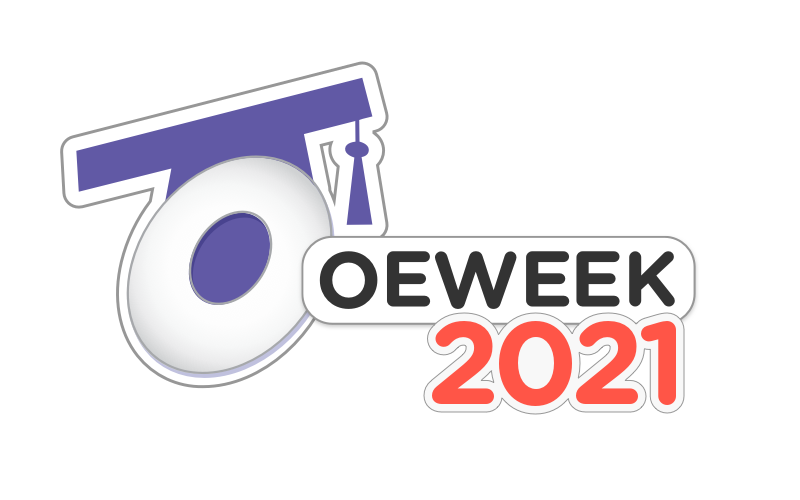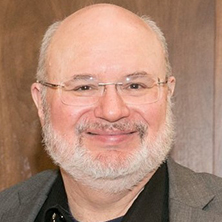Open Education Week will take place this year from Monday, March 1st — Friday, March 5th. Started in 2012, Open Education Week is an opportunity to share and learn about the latest achievements in open education. Open Educational Resources (OER) are teaching, learning or research materials that are in the public domain or released with intellectual property licenses that facilitate the free use, adaptation and distribution of resources” (UNESCO, 2019).
To coincide with Open Education Week, University Libraries is sponsoring several events:
1. Wednesday, March 3rd from 12:30pm – 1:30pm the Center for Faculty Development is presenting an online workshop — Reducing Book Costs for Students with Open Educational Resources — co-sponsored with Seton Hall University Libraries. At this workshop, Seton Hall librarians will explain the benefits of OER, demonstrate how library resources can help bring down the cost of textbooks, and provide faculty with practical tools and resources for using open textbooks in their courses. To join the workshop click here.
2. Thursday, March 4th from 3:00pm – 4:00pm join us for a roundtable discussion on the benefits and challenges of integrating open educational resources, open textbooks and/or library e-resources in your courses. If you have had experience with open materials or are interested in learning more about them, we would love to hear from you. This event is open to faculty, administrators and students – come and be heard! To join the discussion on Teams click here.
3. Friday, March 5th @ 10:30 TLTC is hostinga virtual session Leveraging Open Educational Resources. Explore the wide range of Open Educational Resources (OER) that reside in the public domain and are free to use for teaching and learning. Register here.
4. Friday, March 5th from 10:00am-12pm, then 1:00pm-3:00pm Seton Hall Librarians will provide virtual office hours for anyone who has questions about OER. Feel free to meet with:
Prof. Gerry Shea (Communication Librarian)
10:00am-12pm Join on Teams
Prof. Kyle Downey (Nursing/Heath Science Librarian)
1:00pm-3:00pm Join on Teams
Prof. Lisa Rose-Wiles (Science Librarian)
10:00am-12pm Join on Teams
1:00pm-3:00pm Join on Teams
Want to learn more about OER?
Reach out to Prof. Gerry Shea | Explore our OER Research Guide here


